Everything you need to know about CNG cars and converting petrol cars to CNG
As the world moves towards more sustainable and eco-friendly lifestyles, the demand for alternative fuel sources in the automotive industry has never been higher. Compressed natural gas (CNG) is one such alternative, offering numerous benefits for both the environment and your wallet.
The need is even more expedient in countries like Nigeria where the pump price of fuel has spiked to unprecedented and detrimental levels. This comprehensive guide will explore the world of CNG cars, the conversion process, and the many benefits of making the switch from petrol to CNG.
Related Reading: The Top 10 Most Fuel-Efficient Used Cars On The Market In 2023
What Are Compressed Natural Gas (CNG) Cars?
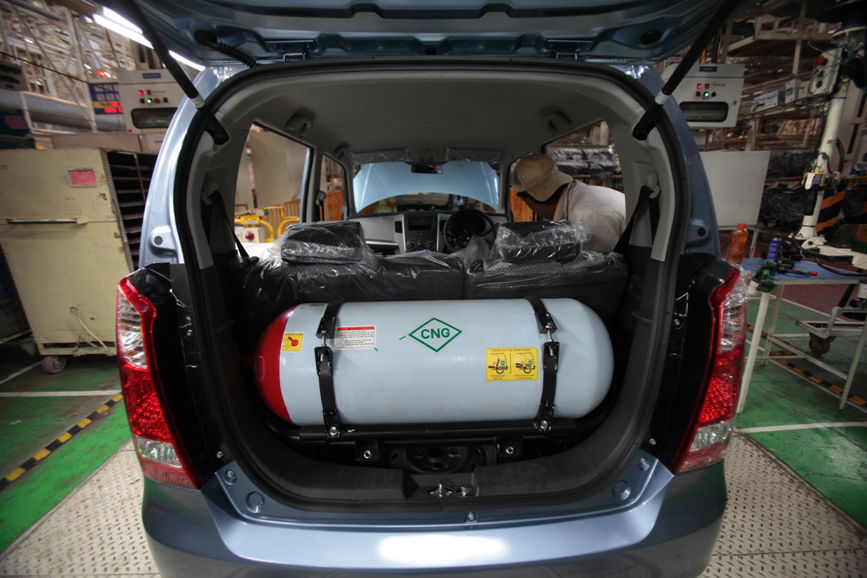
Compressed natural gas (CNG) is an alternative fuel source derived from natural gas, which is primarily composed of methane. CNG cars are vehicles specifically designed or converted to use CNG as their primary fuel source.
These vehicles offer a cleaner and greener alternative to traditional petrol or diesel cars, as they emit significantly fewer greenhouse gases and pollutants.
5 Benefits Of CNG Cars
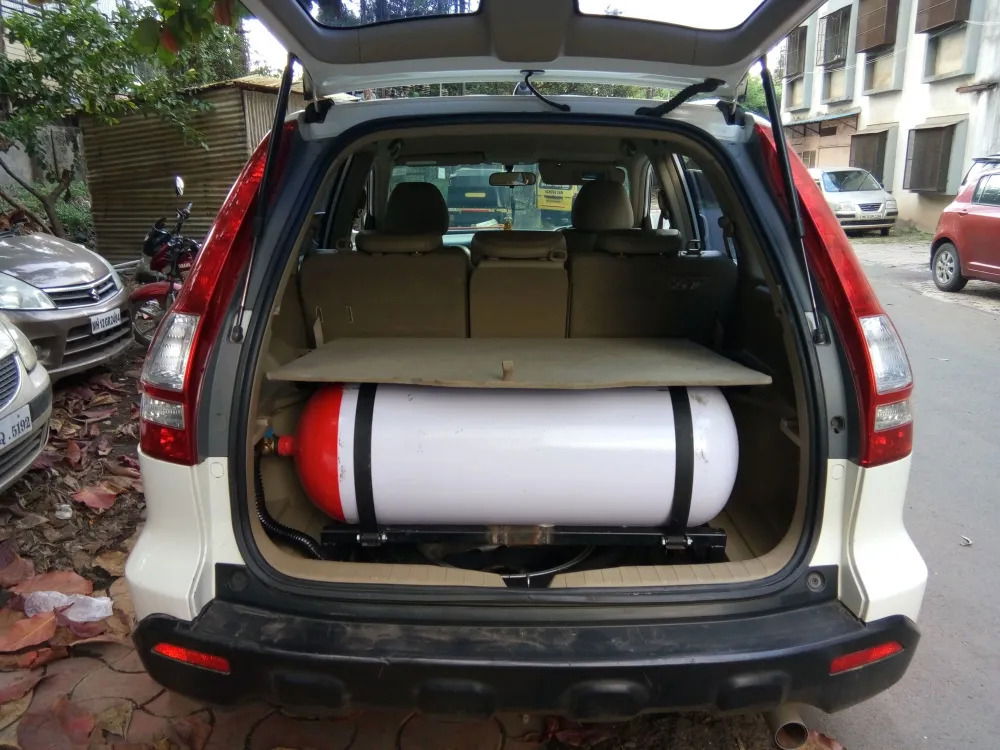
1. Environmentally Friendly: CNG is considered one of the cleanest burning fuels available. It emits 20-30% less carbon dioxide (CO2) compared to petrol and 40-50% less than diesel, reducing your vehicle's impact on the environment.
2. Cost-Effective: CNG is generally cheaper than petrol or diesel, allowing you to save on fuel costs. While prices may vary depending on your location, CNG typically costs 30-50% less than traditional fuels.
3. Energy Security: As CNG is a domestically produced fuel, it reduces the need for imported oil, increasing energy security and independence.
4. Improved Engine Life: CNG burns cleaner than petrol or diesel, resulting in less engine wear and longer engine life.
5. Reduced Noise Pollution: CNG vehicles tend to run quieter than their petrol counterparts, contributing to reduced noise pollution.
The Conversion Process: Transforming Your Petrol Car Into A CNG Car
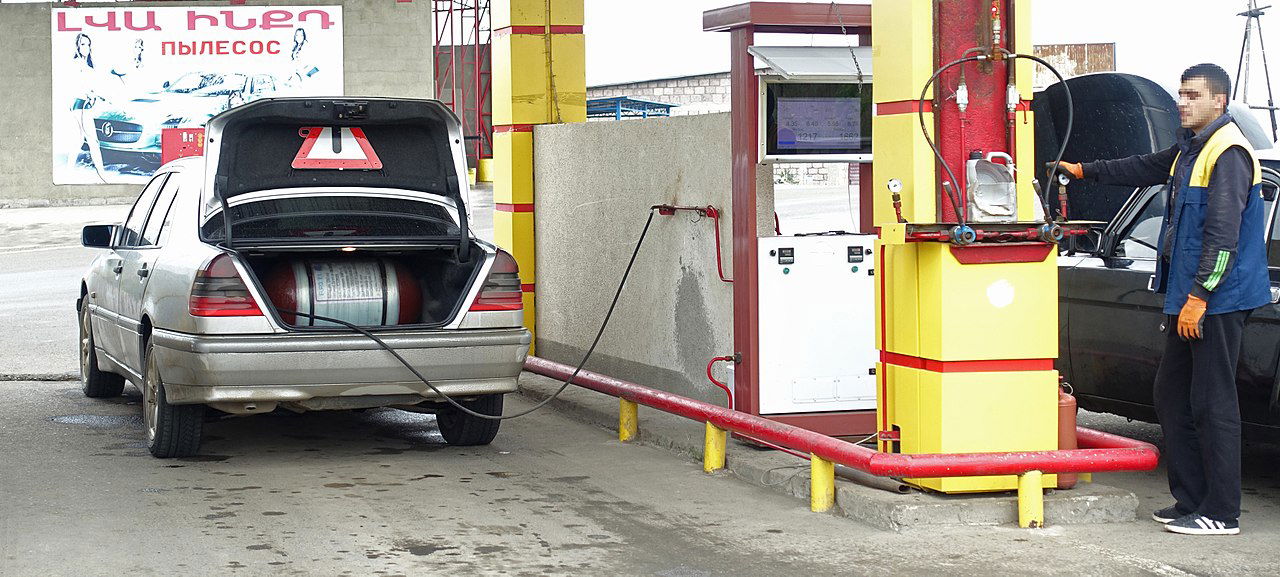
If you're considering converting your petrol car to run on CNG, there are a few essential steps to follow:
1. Assess Your Vehicle: Not all vehicles are suitable for CNG conversion. Consult with a CNG conversion expert to determine if your vehicle is compatible with CNG conversion.
2. Choose a Certified Conversion Center: Select a reputable, certified CNG conversion center to ensure that your vehicle is properly converted to meet safety standards and regulations.
3. Install a CNG Conversion Kit: A CNG conversion kit typically includes a CNG cylinder, pressure regulator, fuel injectors, and electronic control unit (ECU). Your conversion center will choose the appropriate kit for your vehicle and install it according to manufacturer guidelines.
4. Test and Inspect: Once the conversion is complete, the technician will conduct a thorough inspection and test drive to ensure the CNG system is functioning correctly and safely.
5. Obtain Certification: After the conversion, you'll need to obtain proper certification and registration for your CNG vehicle. This process varies depending on your location, so consult with your conversion center for guidance.
See our comprehensive step-by-step guide to converting your petrol car to run on CNG for a more in-depth look at the process of converting a petrol automobile to run on natural gas.
Choosing the Right CNG Conversion Kit
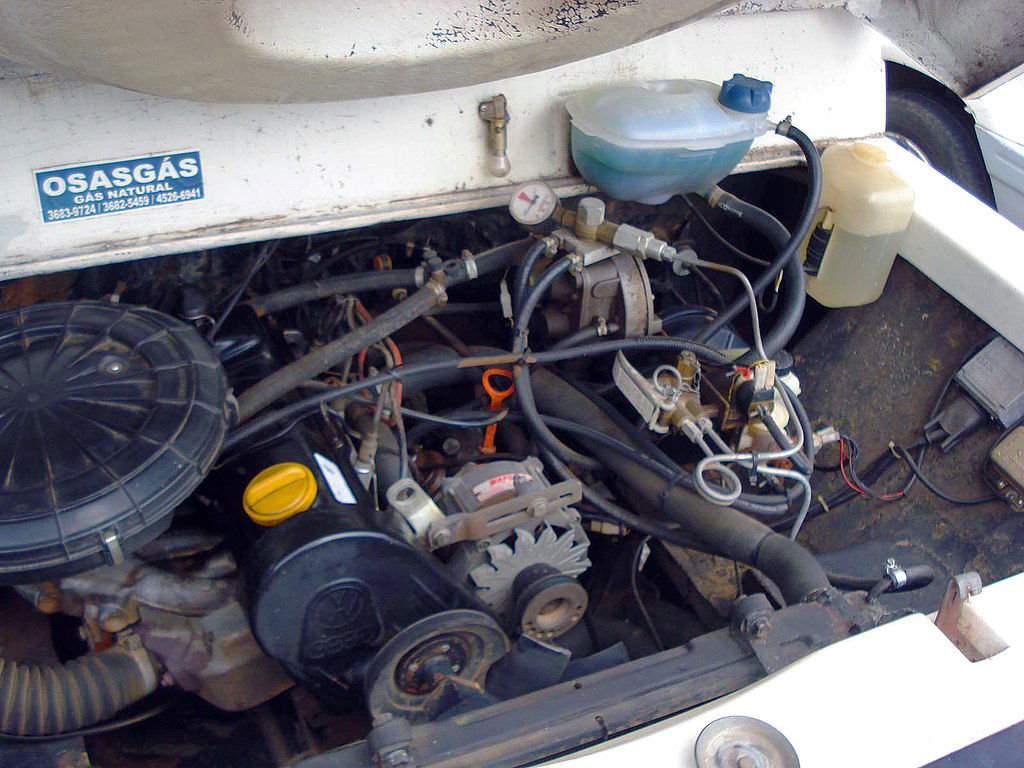
There are several factors to consider when selecting a CNG conversion kit for your vehicle:
1. Compatibility: Ensure the kit is compatible with your vehicle's make, model, and engine type.
2. Quality: Choose a high-quality kit from a reputable manufacturer to ensure safety and reliability.
3. Type of Cylinder: CNG conversion kits come with different types of cylinders, such as steel or composite. Determine which type is best for your needs based on factors such as weight, durability, and cost.
4. Tank Size: Consider the size of the CNG tank you'll need based on your driving habits and the availability of CNG refueling stations in your area.
5. Warranty: Look for a conversion kit with a solid warranty to protect your investment and ensure peace of mind. Note that you don’t necessarily have to convert your car to run on CNG, as there are plenty of brands and models that come from the factory already prepped to run on natural gas.
We have already compiled a list of 16 affordable cars on the market that run on compressed natural gas, some of which costs less than ₦2 million.
Related Reading: These Are The Top-Ten Cheapest Electric Cars Money Can Buy Right Now
CNG Refueling Options
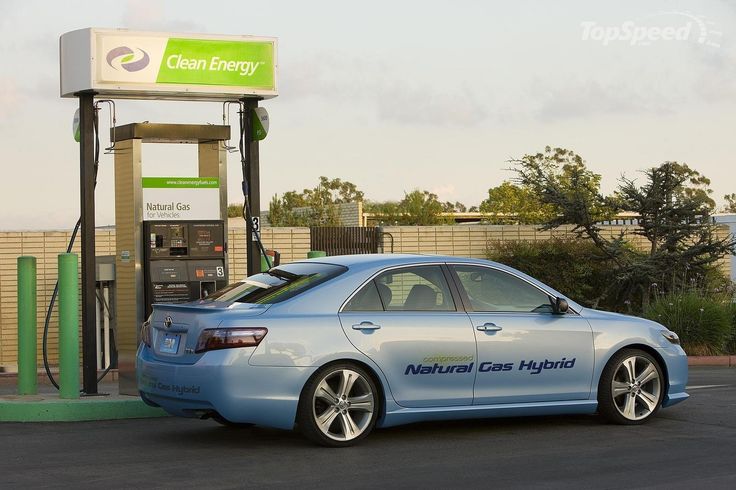
Once you've converted your vehicle to run on CNG, you'll need to refuel it regularly. There are several options for CNG refueling:
1. Public CNG Refueling Stations: Many cities and towns have public CNG refueling stations, which you can find using online resources such as the U.S. Department of Energy's Alternative Fuels Data Center.
In Nigeria, NIPCO Gas and PowerGas currently operate less than 20 CNG fueling stations between them, although the government and relevant agencies have promised an enhanced natural gas infrastructure in the country.
2. Home Refueling Units: If you have a garage or other designated area for your vehicle, you can install a home CNG refueling unit. These units compress natural gas from your home's gas supply to refill your vehicle's CNG tank.
3. Mobile Refueling Services: Some companies offer mobile CNG refueling services, which will bring a truck equipped with a compressor and storage tanks to your location to refill your vehicle.
Maintenance And Safety Considerations For CNG Cars
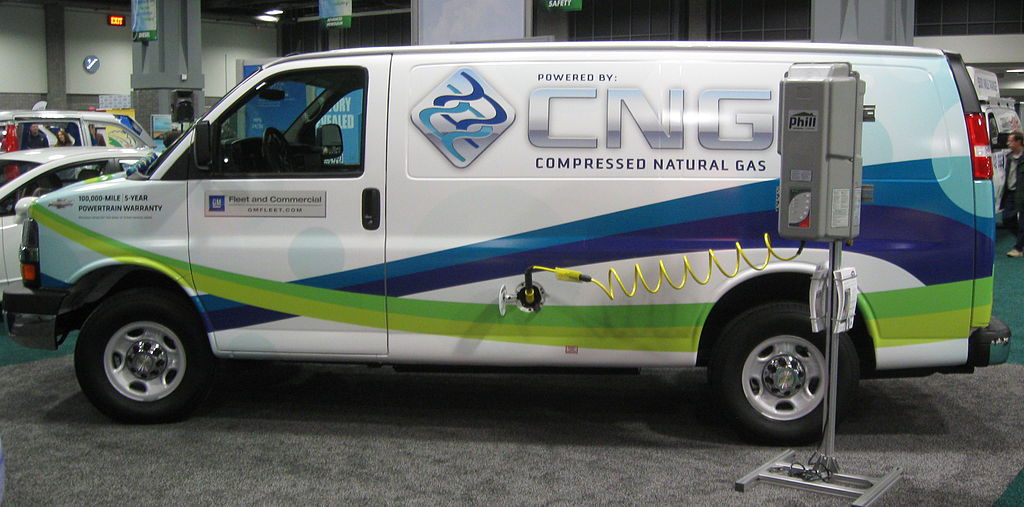
Proper maintenance and safety precautions are essential for any vehicle, including CNG cars. Here are some key concerns:
1. Regular Maintenance: Follow the manufacturer's recommended maintenance schedule for your CNG conversion kit, including regular inspections and replacements of components as needed.
2. Safety Inspections: Have your CNG system inspected regularly by a certified technician to ensure it's functioning correctly and safely.
3. Storage and Transportation: Store and transport CNG cylinders in a secure, well-ventilated area away from sources of heat or flame.
4. Emergency Preparedness: Understand how to safely handle a CNG emergency, including shutting off the CNG system and evacuating the vehicle if necessary.
The Switch To Compressed Natural Gas Cars
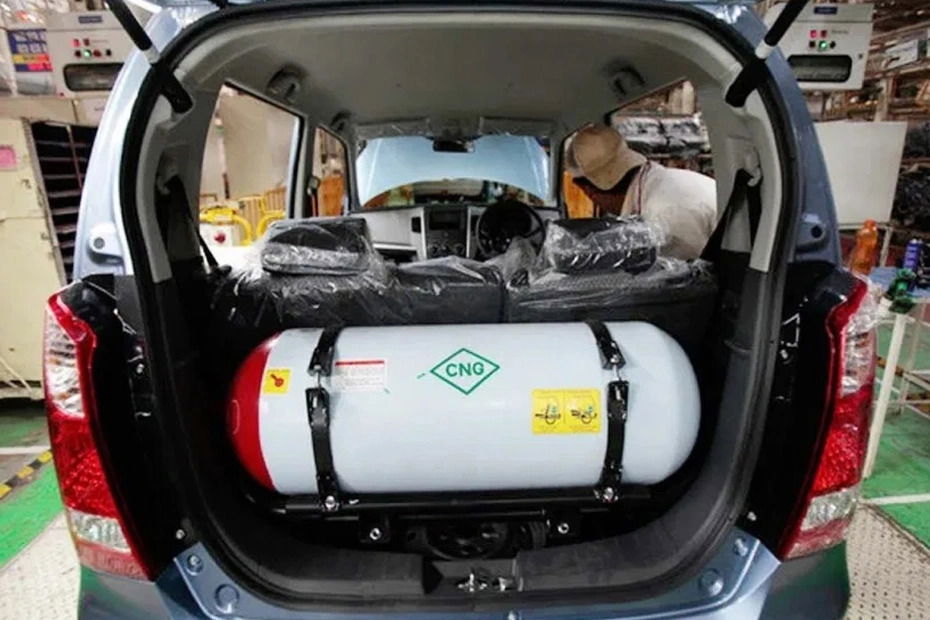
Converting your petrol car to run on compressed natural gas (CNG) is a smart choice for eco-conscious drivers seeking a cleaner, cost-effective, and domestically produced fuel source.
By following the conversion process and selecting the right conversion kit, you can enjoy the many benefits of CNG cars while reducing your environmental impact. With proper maintenance and safety precautions, you can enjoy the reliability and longevity of a CNG car for years to come.